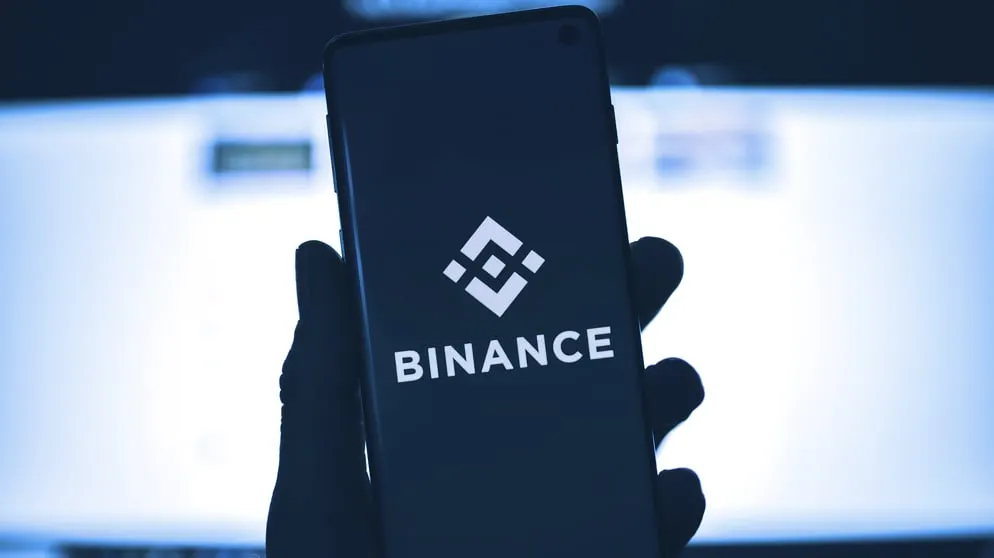John Reed Stark, a former U.S. Securities and Exchange Commission (SEC) regulator, said that Binance’s recent “proof of reserves” report is how he defines a “red flag.”
Stark alleged that the recent report “doesn’t address the effectiveness of internal financial controls” nor “express an opinion or assurance conclusion,” adding that it fails to “vouch for the numbers.”
In legal terminology, an “assurance conclusion” is where the auditor evaluates whether the evidence obtained is “sufficient and appropriate” and then offers a conclusion about whether the sources are free from misrepresentation.
Stark worked for the SEC for 18 years, founding the Commission’s Office of Internet Enforcement. He serves as president of his own cybersecurity-focused consultancy, as well as an adjunct professor at the Duke School of Law.
Stark has also been an outspoken critic of certain other companies within the crypto ecosystem as well.
Pulling no punches, the consultant said, “Tether is a house of cards” and “is running a Ponzi scheme” in a recent tweet, pointing to “evasion/deflection/lack of responsiveness” on the part of the stablecoin giant.
Speaking exclusively with Decrypt about the news, Stark questioned why a firm that was as “sophisticated and well-capitalized” as Binance opted for Mazars as opposed to one of the Big Four audit firms.
He also touched on how Mazars acted based on “agreed upon procedures requested by Binance'' but how the firm “didn’t comment as to the appropriateness of the procedures” in the documents. Stark compared this to bringing someone into your house to inspect it for fire safety, only for them to tell you that they are not sure whether their inspection procedures were any good.
He then claimed that Binance “shoots themselves in the foot when calling these documents audits.”
Crypto exchanges rush to publish reserves
The news comes after audit, tax, and advisory firm Mazars concluded that Binance controlled “in-scope assets in excess of 100% of its total platform liabilities."
Mazars reported a 101% collateralization ratio for the 575,742 Bitcoin in net customer balances as of midnight UTC on November 22.
Stark isn’t the only high-profile voice in the space to throw shade at some of Binance’s recent efforts to verify its balance book.
Jesse Powell, founder and CEO of rival crypto exchange Kraken, termed the report “either ignorance or intentional misrepresentation,” saying that “The statement of assets is pointless without liabilities.”
Binance has gone to great lengths to verify its financial footing after FTX slid into bankruptcy last month. The exchange introduced what is known as a Merkle tree system soon after the collapse of the rival exchange.
A “Merkle Tree” is a cryptographic tool that allows for “the consolidation of large amounts of data into a single hash,” which Binance claims allows users to verify that is, in fact, their Bitcoin that is being traded.
Daily Debrief Newsletter
Start every day with the top news stories right now, plus original features, a podcast, videos and more.

